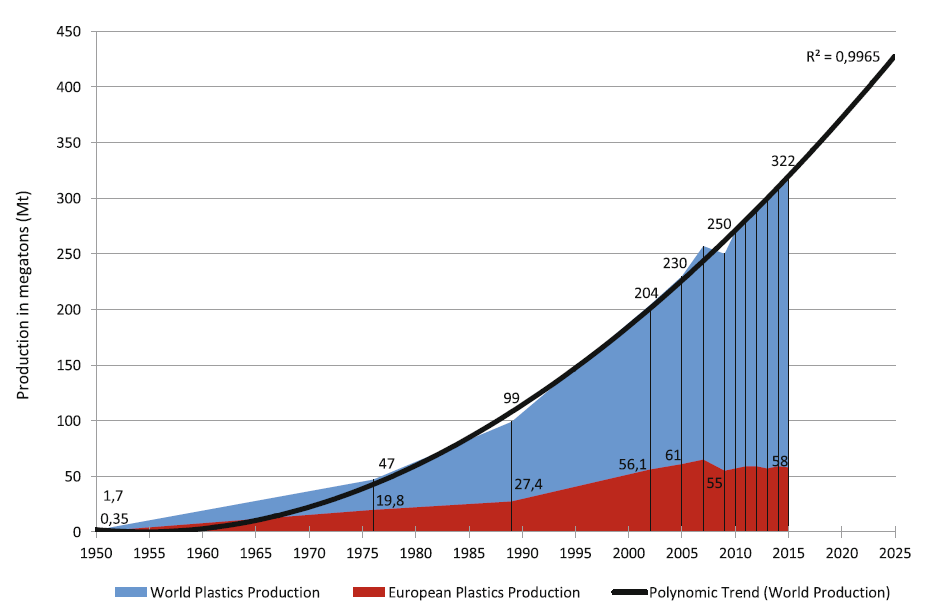

The RMIT Intelligent Automation Group (IAG) has strong expertise in the areas of robotic vision and artificial intelligence, robotic swarming and path planning, robot gripper and end-effector design, mobile robot design, as well as industry 4.0 technologies. The experience of the team presents a good opportunity for the research in plastic recycling and can improve plastic recycling in four different ways: Plastic collection from landfill and waterways, Plastic sorting in recycling plant, Plastic cleanliness inspection, Data mining, analysis and prediction.
Centre for Materials Innovations and Future Fashion (School of Fashion and Textiles) in RMIT University has strong expertise in the area of recycling waste plastics into fibre and filament forms for various applications. Some of the applications includes designer’s shoes, fibres/fabrics/composites for house insulations, aerospace and car/aeroplane interiors. Filament/fibres can be produced directly from plastic waste if the strength and mechanical properties are not critical. Otherwise, self-reinforced composite, such as PP, PET, PLA or nanomaterials such as nanodiamond can be added to the filament dow to produce filaments with specific properties such as high thermal conductivity, high abrasion and tear strength.
The Schools of Engineering and Science at RMIT University have established some expertise in the use of Mycelium (Fungi) to make low-cost biodegradable composites with functional properties, depending on the species and organic substrates used to fabricate these composites. Mycelial growth attracts academic and commercial interest due to its ability to upcycle agricultural and industrial wastes into economical and environmentally sustainable composite materials using a natural, negligible energy manufacturing process able to sequester carbon. Although generally characterised as polymer grade foams and used primarily for limited packaging applications, a range of potential applications have been proposed including acoustic dampers, super absorbents, paper, textiles, structural and electronic parts. The work at RMIT University has recently investigated thermally safer and cost-competitive alternatives to highly flammable petroleum and natural gas-derived synthetic polymers and engineered woods for applications including insulation, furniture and panelling. Biological optimisation of manufacturing (species selection and substrate biocompatibility assessment), investigation of the thermal degradation, fire reaction and fire safety properties of mycelium composites, and on-going investigation, with the University of Vienna, Austria, on processing techniques to improve primary mechanical properties such as tensile strength and functional properties such as wettability.
The RMIT Catalysis lab is well equipped with facilities for the synthesis, characterisation and testing of heterogeneous catalysts. The group has a reactor suite comprising high temperature (~1200 °C) continuous, plug-flow microreactors equipped with electronic mass flow controllers and syringe pumps for delivering accurate gas and vapour-phase reaction mixtures, together with on-line GC/MS analysis suitable for activity screening, kinetic (isotope) studies, and precise steady state/lifetime analysis; high pressure stirred autoclaves with in-situ gas-dosing (10-300 bar and 120-300 °C) suitable for both materials processing and catalytic reactions; reactor systems for parallel catalyst screening and autosampler on-column GC and GC/MS capabilities for oil analysis; REACT-IR system for in-situ/on-line process monitoring and kinetic analysis.
